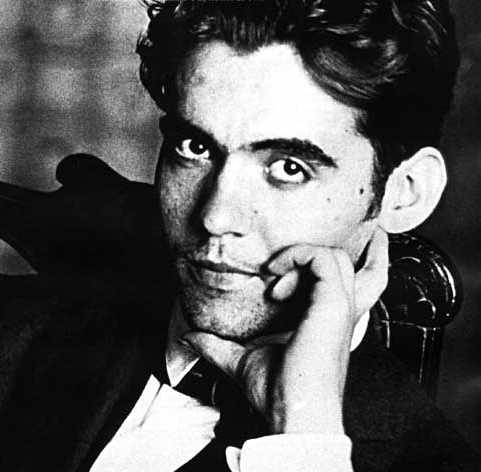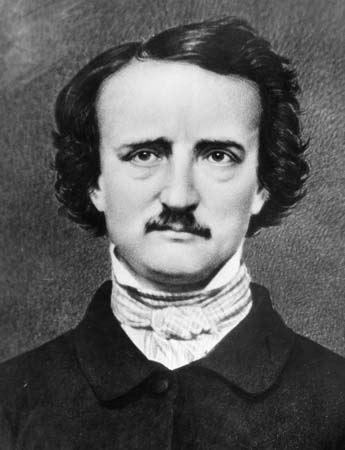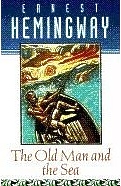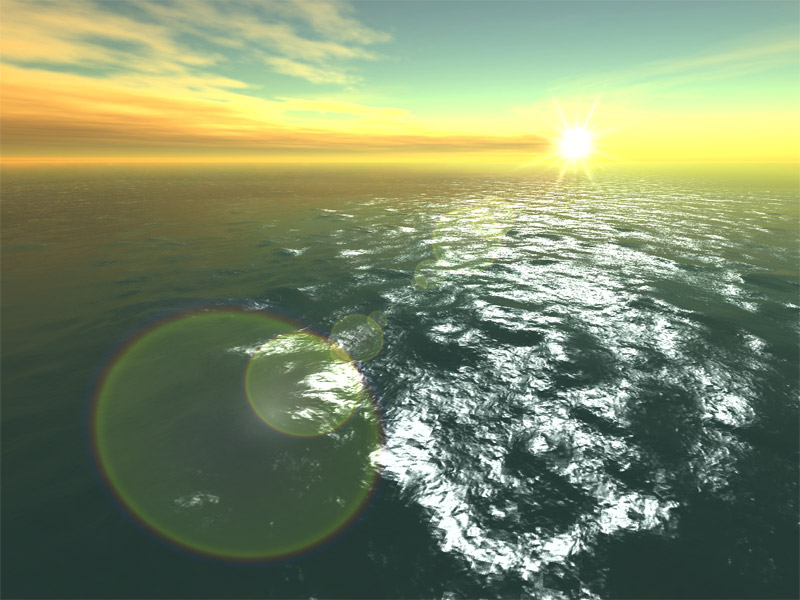Earnest Hemingway's "The Old Man and the Sea" doesn't impose the sea as the protagonist's conscience as "The Awakening" did. Instead, the sea is more like a life partner to the Old Man, Santiago. They spend each day together, care for each other, argue, love and protect one another, but most of all offer the other respect. The Old Man is beset by hard times, having gone 84 days without taking a fish, and has consequently lost his fishing partner, a young man who loves him and has cared for him ever since Santiago taught him to fish when he was a boy. Santiago's journey begins at dawn one day, when he rows out in search of the fish he knows he will find. As he rows in the silence, he reflects on "la mar", how those who love the sea call her. They might say bad things about her, but always "as though she were a woman" (29). The young, disrespectful fishermen sometimes call her "el Mar", a masculine degradation. They treat her only as a "contestant or a place or even an enemy" (30). This is distressing to the protective Old man, who treats the sea as a lover, despite her poor treatment of him recently. He knows that when the sea does "wild or wicked things, it is because she could not help them" (30). This sums up Santiago's view on most of nature. It is untamable, unpredictable, and to be respected and loved at all times.
As Santiago catches his great fish (a leviathan, 18-foot Marlin), he embarks on a three day journey that drains him of all strength, and tests his resolve to the utmost degree. The sea remains his constant companion as the fish tows him further and further from home. His fishing expertise makes him so at home with the water, he can read things in it like a book. The weather, his location, the nearby fish, plankton and sea creatures--everything that is a part of the Sea is a part of the Old Man. He describes the turtles of the sea, and how so many people are heartless about them, because a turtle's heart will "beat for hours after he has been cut up and butchered' (37). But the Old man knows that his heart is just like theirs, and his hands and feet are just like theirs, and he, too, depends on the sea for life, and isn't so foolish as the other people. These small revelations of Santiago continually show his life-earned wisdom and patience, and the impressive respect he garners for all things, especially the Marlin he follows. He often calls the fish "brother", and wishes the fish as much luck in killing him as he has to kill it. The life or death struggle must be lost by one of them, and the Old Man would be honored to have it go either way.
The great respect for nature, epitomized by his respect for the sea, is Santiago's greatest strength and weakness, together. The sea gives him challenges and rewards in the Marlin, but also traps him. When Santiago finally catches the Marlin, he is still a long way from home, and the creature is too big to bring into his boat. As Santiago tries to bring it home, he is attacked, over and over, by sharks, the hungry scavengers of the sea. The Old Man is exhausted and upset. He knew it was "too good to be true" to catch the Marlin, but had hoped to bring some of it home. But like a woman, the sea takes back what it has given. The Old Man barely makes it back home alive, as the sea gives him a gift, a Trade Wind, to drift home alive. "The wind is our friend...the great sea with our friends and our enemies" (120). Santiago cannot control what the sea throws at him, friend or foe, but he can do his best with whatever it is.
The greatest lesson the Old Man learns from the sea is that of nature's intentions. If he was meant to have the fish, he would have the fish. If he were meant to find another, he would. He is humble, but proud of his fishing skills, and willing to take what la mar will offer him. He knows that "no man was ever alone on the sea" (61). The sea is used to show Santiago's trust in nature, his infinite patience and quiet wisdom. The sea is indeed his friend, but brings him hardship as well. Santiago could never live without the sea, because while it frustrates him, and dangles hope in front of him, it is all he knows, and it sustains him, because he was born to be a fisherman, and a "fisherman must fish".
Subscribe to:
Post Comments (Atom)










No comments:
Post a Comment